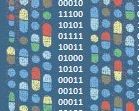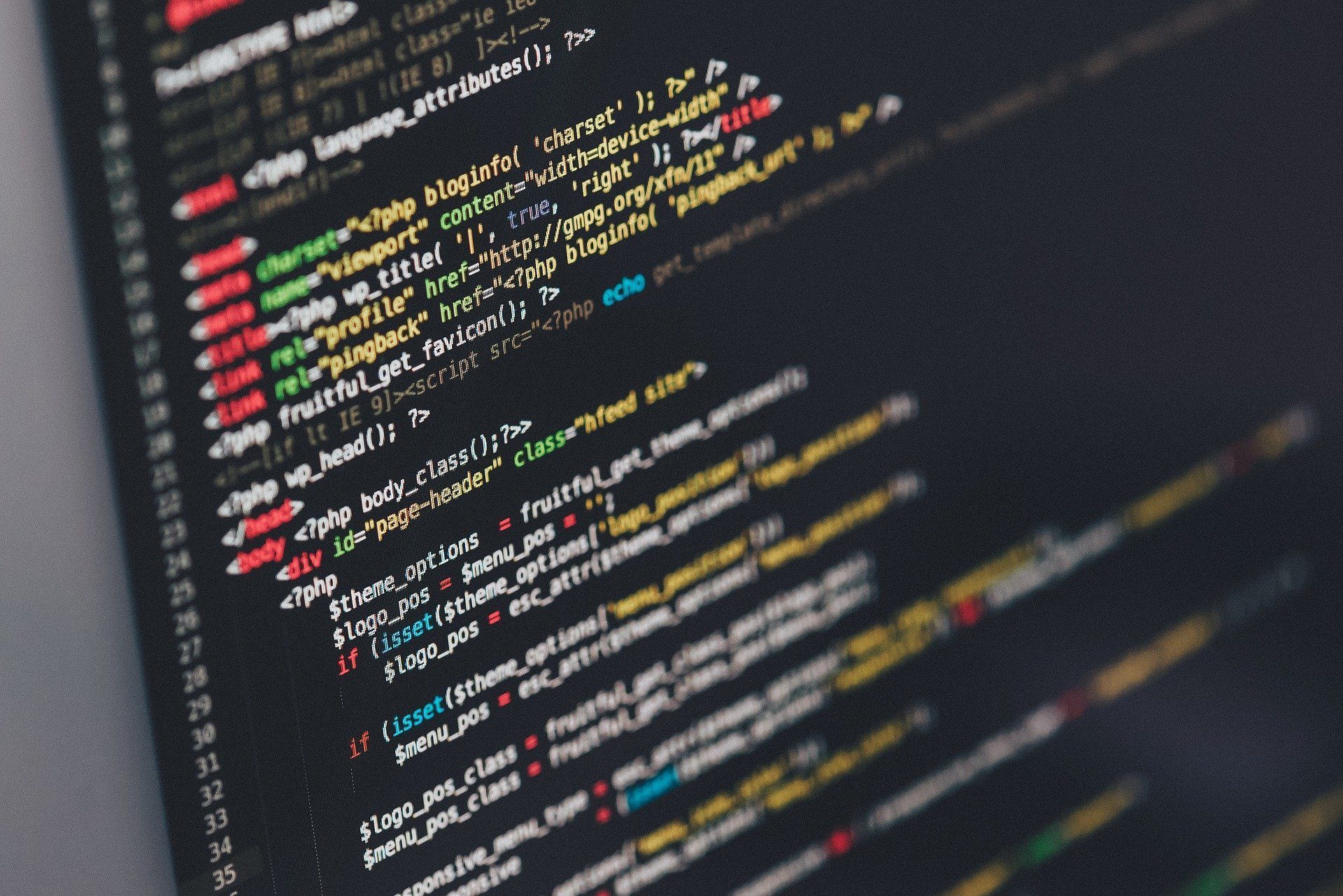RESCUE Study
Towards a leaRning mEdication Safety system in a national network of Intensive Care Units – timely detection of adverse drug Events.
Funded by ZonMW Goed Gebruik Geneesmiddelen programme (Open Round 8)
COLLABORATION
The RESCUE Study (2020-2024) is conducted together with 15 Dutch Intensive Care Units (ICUs), the National Intensive Care Evaluation Foundation, IteMedical, Z-Index, KNMP Geneesmiddelen Informatie Centrum, and IC Connect.
For the purpose of this study a database created during the SIMPLIFY Study was enriched with additional patient related structured data and one extra ICU joined the network.
CONTEXT
At present a routine identification of Adverse Drug Events (ADEs) is not available for Dutch Intensive Care Units (ICU). This hampers timely ADE detection. Especially drug-induced acute kidney injury (DAKI) presents serious
concerns for ICU patients. Algorithms obtained by advanced machine learning (ML) techniques may offer real-time DAKI detection, allowing timely corrective actions and promoting a continuous learning cycle.
MAIN GOALS
To provide and assess automated DAKI causal algorithms for ICU patients by utilising advanced ML techniques. Furthermore, patterns in potential nephrotoxic drug use in the ICU will be investigated and proof-of-concept interface
of data-driven clinical decision support system will be developed.
MAIN FINDINGS
Based on domain knowledge available in the KNMP Kennisbank (Dutch drug knowledgebase) we identified a set of potentially nephrotoxic drugs. For each potentially nephrotoxic drug we mapped confounders by indication, contra-indication
and side-effects. Using this domain knowledge and ICU data we created 44 causal prediction models, one specific model per drug group. At this stage conventional statistics were used. Next step is applying a machine learning
method to improve the predictive performance of the models and establish individualised treatment effects.
Deliverables

Scientific publications
PhD Thesis Izak Yasrebi-de Kom



